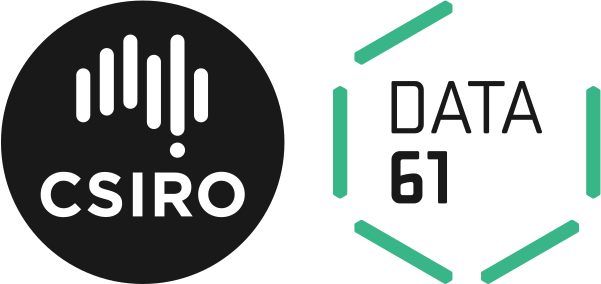This is a new course, so there are going to be rough edges. We invite you to submit issues or pull requests if you find errors or have suggestions on how to improve it.
This course is designed to be run in a class room with instructors, but we would like to make it suitable for self-study as well. Although undertaking this course outside of the workshops will increase the difficulty somewhat, we do not discourage it and invite suggestions on how to make the course more approachable.
If you do attempt this on your own and find yourself completely lost,
then you may come find us on IRC on libera.chat
in #qfpl or #fp-course.
- Have completed, or are capable of completing, the FP Course.
- Have a few months self-study to your name.
- Want to know how to build larger applications with statically typed FP.
- Are willing to accept that a web application is a sufficient choice.
- Can write the canonical function of type:
Applicative f => [f a] -> f [a]
- Have constructed a sequence of goals of increasing difficulty.
- Have provided a framework within which to apply these goals.
- Have included relevant components of larger applications:
- Package dependencies
- Project configuration
- Application testing & building
- Encoding / Decoding messages (JSON & Binary)
- Persistent storage integration
- App state & configuration management
- Error handling & reporting
- Will utilise both type & test driven development techniques.
- Will explain architectural and design trade-offs when appropriate.
Each level is a self-contained Haskell module, containing incomplete, or as yet undefined, data types and functions.
We recommend using nix develop or nix-shell to get a shell with
the necessary tools. You can also use cabal or stack.
If you're using version >=3.0 of cabal-install (use cabal --version to find out), then you don't need to previx the commands
with v2-:
$ cd path/to/applied-fp-course
$ cabal configure --enable-tests
$ cabal build <levelN>-exe
$ $EDITOR src/<LevelN>/README.mdIf you would like to use a Nix Shell:
$ cd path/to/applied-fp-course
$ nix-shell # or `nix develop`, if you use flakes
$ cabal build <levelN>-exe
$ $EDITOR src/<LevelN>/README.mdIf you have ghcid installed, run ghcid -c 'cabal repl' to get a
terminal with up-to-date type errors, which are refreshed on every
save.
A stack.yaml configuration is provided on a best-effort basis. The
authors do not use stack and cannot promise to be able to resolve
stack-related issues. Though we will do our best. :)
These lessons are designed to be completed with an instructor as part of the
Data61 Applied Functional Programming Course. You are of course welcome to
clone the repository and give it a try, but you may find the tasks more
difficult. If you have any questions we can be contacted in the
#qfpl IRC channel on libera.chat.
There is a README.md file in each Level module folder that will provide
instructions about what the goal is for that specific level.
- Level 01 : Simple hello world web app.
- Level 02 : Define our application spec with types!
- Level 03 : Testing & tools
- Level 04 : Database layer (sqlite-simple)
- Level 05 : Better error handling through ExceptT
- Level 06 : Add some flexible configuration
- Level 07 :
ReaderT& refactoring
-- In Development...
- Level 08 : Lenses & "classy mtl" monad transformers
-- Maybe...
- Level 09 : Add session controls (login, logout) and a protected route. So we can have something that resembles application state. For the purposes of modelling the state machine and implementing some property based tests.
Extension material that doesn't feel like it belongs to the main progression
lives in the bonus
subdirectory.
